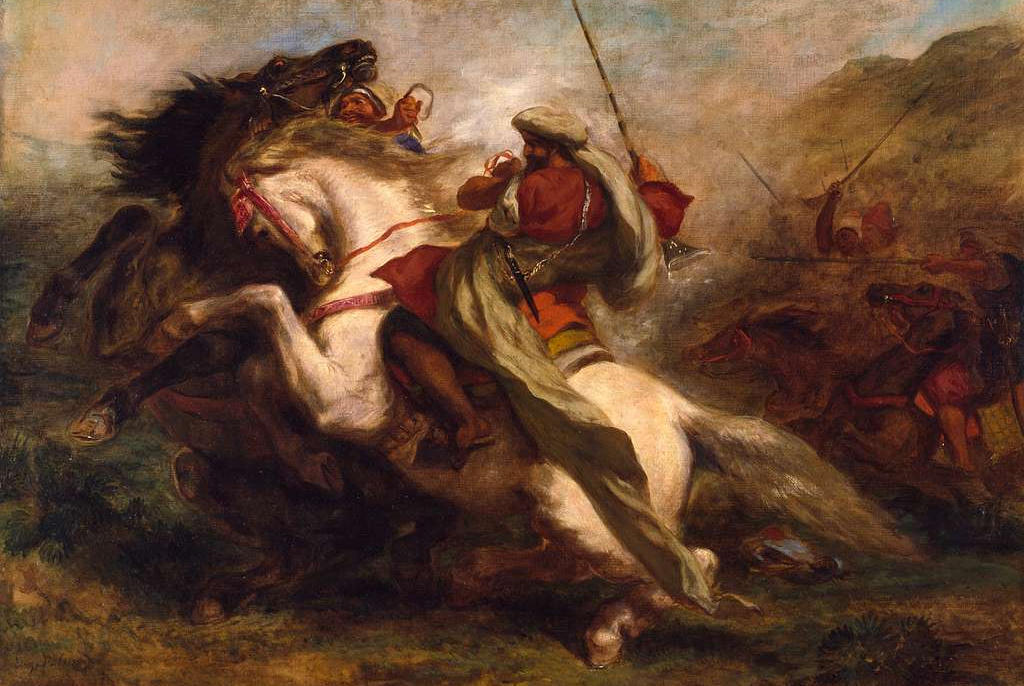Under the rule of the Moors, Lisbon experienced a period of cultural, architectural, and scientific flourishing. The Islamic rulers introduced new architectural styles, such as the distinctive horseshoe arches and intricate geometric patterns, which can still be seen in the remnants of the city's historic buildings today. The Alcáçova, or citadel, became a prominent center of power, while mosques and public baths dotted the urban landscape.
The presence of the Moors also left an indelible mark on the city's language, customs, and cuisine. Arabic words and expressions found their way into the Portuguese language, and the city's gastronomy was enriched by the introduction of new ingredients and culinary techniques.
During this period, Lisbon became an important center of trade and knowledge, attracting scholars, artisans, and merchants from across the Islamic world. The city's libraries and schools flourished, fostering advancements in various fields, including mathematics, astronomy, and medicine.
Lisbon.vip Recommends
The Moorish dominance over Lisbon eventually came to an end with the Christian Reconquista. In 1147, the city was sieged and retaken by Afonso Henriques, the first king of Portugal, with the support of a crusading army. The reconquest of Lisbon marked a pivotal moment in Portuguese history, leading to the consolidation of the Christian kingdom and the eventual expansion of Portuguese influence overseas.
The Moorish conquest of Lisbon stands as a testament to the complex and intertwined history of the Iberian Peninsula. It serves as a reminder of the cultural exchanges, architectural marvels, and intellectual achievements that flourished during the Islamic rule. Exploring this period allows us to better understand the multicultural tapestry that shaped Lisbon and the wider region, and appreciate the enduring legacy of the Moorish presence in the city's identity.



